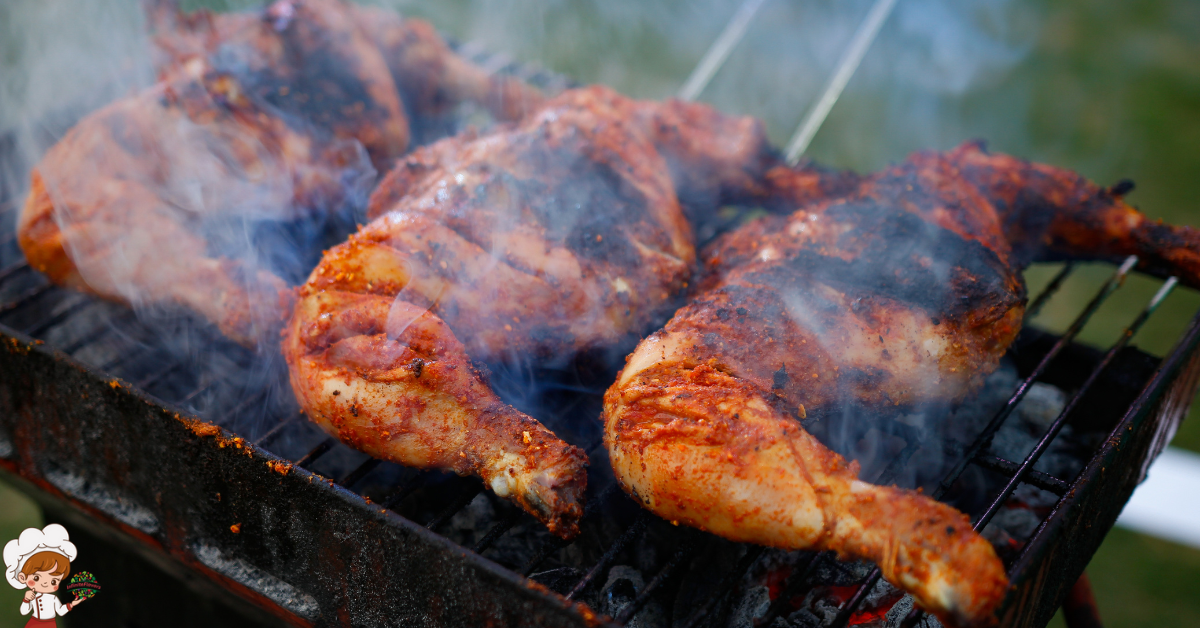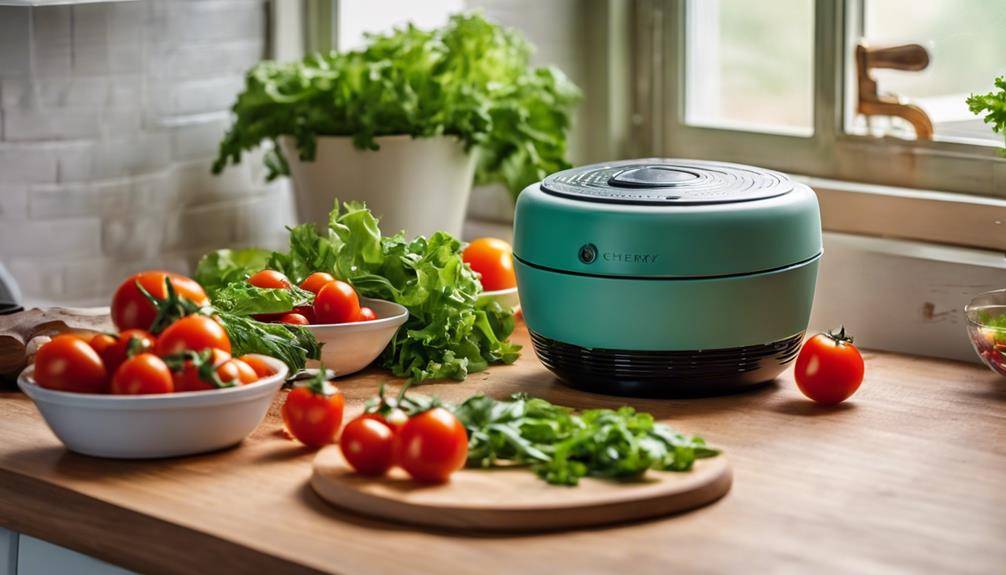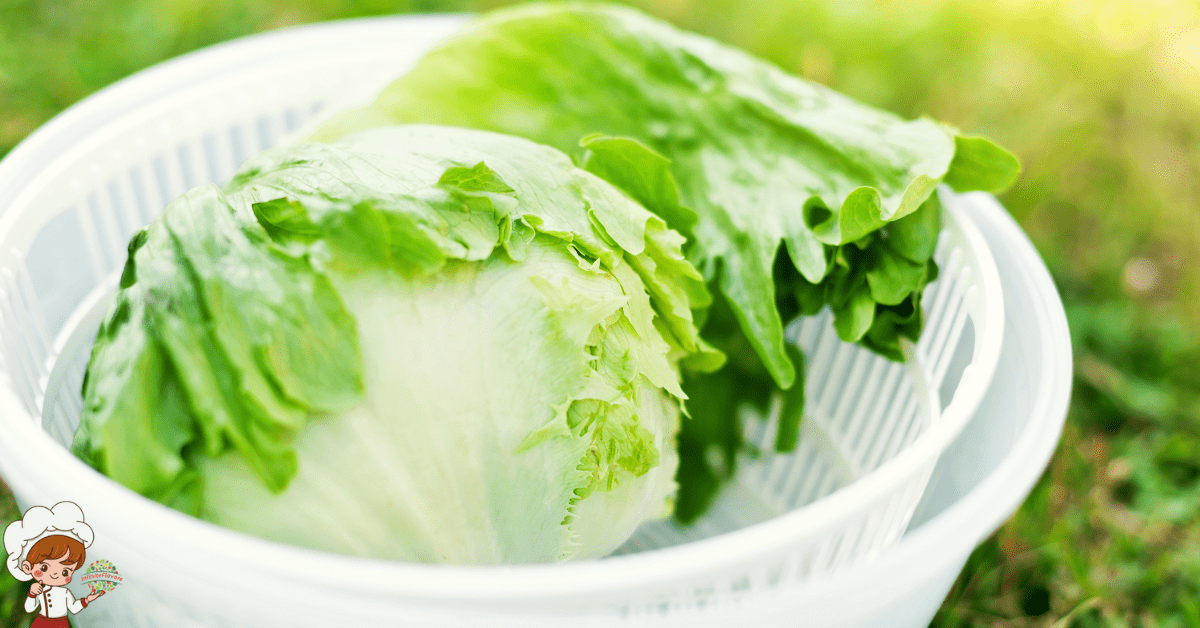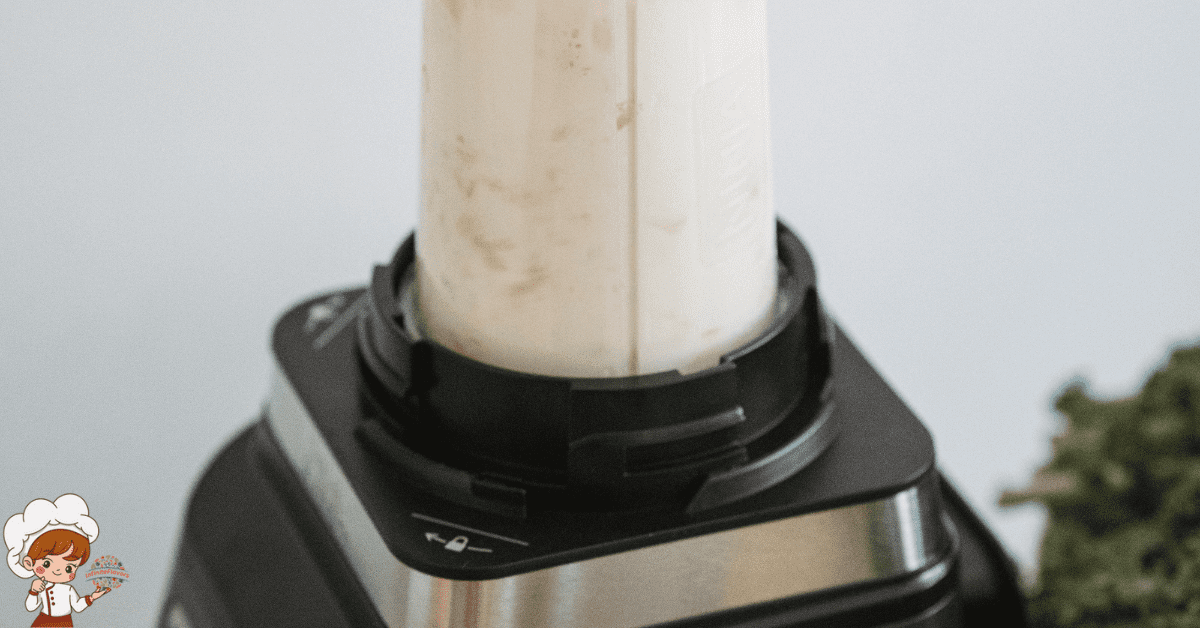Exciting Gluten-Free Diet for Athletes
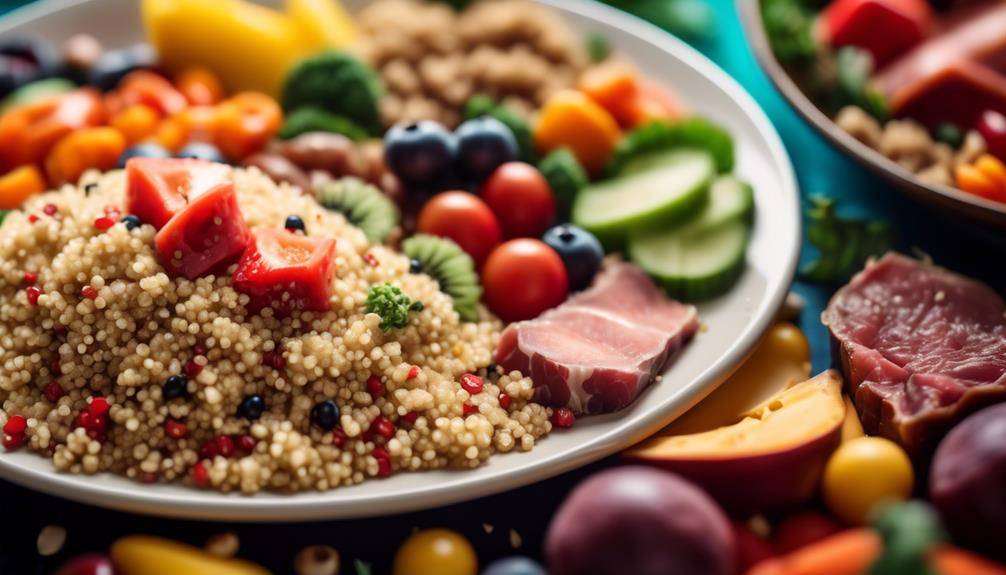
Exciting Gluten-Free Diet for Athletes; Are you an athlete looking to take your performance to the next level? Well, hold onto your seat because we’re about to embark on a journey that could revolutionize your training regimen. Picture this: What if I told you that there’s a dietary secret that could potentially enhance your athletic performance? Intrigued? Then keep reading, because we’re about to uncover the world of gluten-free diets for athletes.
The Science Behind Gluten-Free Diets
The science behind gluten-free diets is based on the understanding that gluten, a protein found in wheat, barley, and rye, can trigger an immune response in individuals with celiac disease or non-celiac gluten sensitivity. Gluten sensitivity research has shown that these individuals experience a range of symptoms, including digestive issues, fatigue, and joint pain, when they consume gluten. As a result, adopting a gluten-free diet has become a popular approach for managing these conditions.
However, there are some misconceptions surrounding the gluten-free diet. One common misconception is that it is a healthier option for everyone. While it is true that eliminating gluten can be beneficial for those with gluten sensitivity, there is no evidence to suggest that it provides any additional health benefits for individuals without these conditions. In fact, following a gluten-free diet unnecessarily may lead to nutrient deficiencies, as many gluten-containing foods are fortified with essential vitamins and minerals.
Another misconception is that a gluten-free diet is necessary for improved athletic performance. While it is important for athletes to fuel their bodies with a balanced diet, there is no scientific evidence to support the claim that removing gluten from the diet enhances athletic performance. In fact, restricting gluten without a medical reason may limit an athlete’s nutrient intake and negatively impact their performance.
Benefits of Going Gluten-Free for Athletes
Going gluten-free may offer potential benefits for athletes seeking to optimize their performance and recovery. While gluten-free diets have gained popularity in recent years, there is limited scientific evidence specifically focused on athletes. However, some studies suggest that eliminating gluten from the diet can have positive effects on performance and endurance.
One potential benefit of a gluten-free diet for athletes is improved digestion and nutrient absorption. Gluten, a protein found in wheat, barley, and rye, can cause digestive issues in some individuals, including athletes. By eliminating gluten from the diet, athletes may experience reduced bloating, gas, and discomfort, which can negatively impact performance. Additionally, better digestion and nutrient absorption can support optimal energy levels during training and competition.
Another benefit of a gluten-free diet for athletes is reduced inflammation. Gluten has been shown to increase inflammation in the body, which can hinder recovery and impair performance. By eliminating gluten, athletes may experience a reduction in inflammation, leading to faster recovery times and improved overall performance.
Furthermore, a gluten-free diet can help athletes maintain a healthy weight and body composition. Many gluten-containing foods, such as processed snacks and baked goods, are high in calories and low in nutritional value. By cutting out these foods and focusing on whole, gluten-free options, athletes can ensure they are fueling their bodies with nutrient-dense foods that support optimal performance.
It is important to note that going gluten-free is not necessary for all athletes. If you do not have a gluten intolerance or sensitivity, there may be no significant performance benefits to eliminating gluten from your diet. However, if you suspect gluten may be negatively impacting your performance or if you have been diagnosed with celiac disease or non-celiac gluten sensitivity, it may be worth exploring a gluten-free diet under the guidance of a registered dietitian or sports nutritionist.
Fueling Your Body With Gluten-Free Foods
To optimize your performance and recovery on a gluten-free diet, it is important to fuel your body with nutrient-dense foods that are free from gluten. Here are some gluten-free nutrition tips and pre-workout snack ideas to help you meet your dietary needs and support your athletic endeavors:
- Load up on fruits and vegetables: These natural sources of vitamins, minerals, and antioxidants are essential for overall health and performance. Incorporate a variety of colorful fruits and vegetables into your meals and snacks to ensure you’re getting a wide range of nutrients.
- Choose lean proteins: Protein is crucial for muscle repair and growth. Opt for lean sources such as chicken, turkey, fish, eggs, and plant-based proteins like tofu, quinoa, and lentils. These options are gluten-free and provide the necessary amino acids to support your active lifestyle.
- Include healthy fats: Healthy fats are an excellent source of energy and can help with satiety. Avocado, nuts, seeds, and olive oil are all great choices. Incorporate them into your meals or have a small handful of nuts as a pre-workout snack to provide sustained energy.
When it comes to gluten-free pre-workout snacks, consider options like a banana with almond butter, Greek yogurt with berries, or a homemade trail mix with gluten-free oats, dried fruits, and nuts. These snacks provide a good balance of carbohydrates, protein, and healthy fats to fuel your workout and enhance performance.
Gluten-Free Meal Planning for Optimal Performance
For optimal performance on a gluten-free diet, strategically planning your meals is essential. Gluten-free meal prep is crucial to ensure you have the right fuel to support your athletic endeavors. By incorporating nutrient-dense and gluten-free foods into your meals, you can optimize your performance and recovery.
When planning your meals, focus on incorporating a variety of gluten-free grains such as quinoa, brown rice, and buckwheat. These grains provide essential carbohydrates that fuel your muscles during exercise. Additionally, include lean proteins like chicken, fish, and tofu to support muscle repair and growth.
To enhance your meal planning, make use of gluten-free snacks for athletes. Snacks such as nuts, seeds, and dried fruits can provide a quick energy boost before or after workouts. Greek yogurt with gluten-free granola or a protein smoothie made with almond milk and fruits can also be excellent options.
Incorporating plenty of fruits and vegetables into your meals is essential to meet your nutritional needs. These foods provide important vitamins, minerals, and antioxidants that support overall health and recovery. Additionally, they can help reduce inflammation in the body, which is beneficial for athletes.
When planning your meals, consider your training schedule and ensure you have adequate fuel before and after workouts. Aim for a balance of carbohydrates, proteins, and healthy fats to support energy levels and muscle recovery. Experiment with different recipes and meal ideas to keep your meals exciting and enjoyable.
Recovering Faster With a Gluten-Free Diet
If you want to recover faster from intense workouts, consider adopting a gluten-free diet. Research suggests that a gluten-free diet can enhance muscle repair, reducing the time it takes for your muscles to recover and rebuild. Additionally, a gluten-free diet has been shown to reduce inflammation levels in the body, allowing for quicker recovery and less post-workout soreness. Moreover, athletes on a gluten-free diet often report improved energy levels, which can aid in faster recovery and better overall performance.
Enhanced Muscle Repair
Recover faster and enhance muscle repair by incorporating a gluten-free diet into your athletic routine. A gluten-free diet can help in reducing exercise-induced inflammation and preventing muscle breakdown. Here are three ways a gluten-free diet can enhance muscle repair:
- Improved nutrient absorption: Gluten can cause inflammation in the gut, leading to poor nutrient absorption. By eliminating gluten, your body can better absorb essential nutrients like protein, vitamins, and minerals, promoting muscle repair and growth.
- Reduced inflammation: Gluten has been linked to increased inflammation in some individuals. By avoiding gluten, you can minimize exercise-induced inflammation, allowing your muscles to recover more efficiently.
- Enhanced gut health: Gluten can negatively impact gut health, leading to digestive issues. A healthy gut is essential for nutrient absorption and overall wellbeing, which can contribute to faster muscle repair.
Incorporating a gluten-free diet into your athletic routine may enhance muscle repair, optimize recovery, and improve your overall performance.
Reduced Inflammation Levels
Eliminating gluten from your diet not only improves nutrient absorption and enhances gut health but also plays a crucial role in reducing inflammation levels, allowing for faster recovery with a gluten-free diet. Inflammation is the body’s natural response to injury or infection, but chronic inflammation can hinder athletic performance and prolong recovery. Gluten, a protein found in wheat, barley, and rye, has been shown to trigger inflammation in some individuals, especially those with gluten sensitivity or celiac disease.
By following a gluten-free diet, you can reduce joint pain and inflammation, promoting quicker healing and improved performance. Additionally, improving gut health through gluten elimination can further enhance recovery. Studies have shown that a healthy gut microbiome is essential for optimal immune function and reduced inflammation. So, by adopting a gluten-free diet, you can support your body in recovering faster and maintaining overall well-being.
Improved Energy Levels
By adopting a gluten-free diet, you can experience enhanced energy levels, allowing for faster recovery and improved athletic performance. Here’s how:
- Increased endurance: Gluten can cause inflammation in the gut, leading to decreased nutrient absorption and energy levels. By eliminating gluten, your body can better absorb essential nutrients, providing you with the energy needed to push through intense workouts and competitions.
- Improved recovery: Gluten sensitivity can trigger inflammation and damage the gut lining, impairing nutrient absorption and hindering recovery. By eliminating gluten, you can promote gut healing and reduce inflammation, supporting faster recovery after training sessions or injuries.
- Enhanced athletic performance: With increased energy levels and improved recovery, you’ll be able to train harder and for longer durations. This can lead to greater gains in strength, speed, and endurance, ultimately improving your overall athletic performance.
Adopting a gluten-free diet can give you a competitive edge by boosting your energy levels, enhancing your recovery, and improving your endurance.
Tips for Successfully Transitioning to a Gluten-Free Lifestyle
Transitioning to a gluten-free lifestyle can be a challenging but rewarding process for athletes. The good news is that with a little planning and preparation, you can successfully make the switch and continue to fuel your body for optimal performance. Here are some tips to help you navigate this dietary change.
Firstly, it’s important to familiarize yourself with gluten-free meal ideas. There are plenty of delicious and nutritious options available that will keep you satisfied and energized. Try incorporating foods like quinoa, brown rice, sweet potatoes, and lean proteins such as chicken or fish into your meals. Experiment with gluten-free pasta alternatives like zucchini noodles or chickpea pasta. Don’t forget to load up on vegetables and fruits to ensure you’re getting essential vitamins and minerals.
When it comes to snacking, having gluten-free options readily available is key. Keep a stash of gluten-free snacks in your gym bag or backpack, so you’re always prepared. Some great snack choices include rice cakes with nut butter, Greek yogurt with mixed berries, or trail mix with nuts and dried fruits. You can also make your own gluten-free granola bars using oats, seeds, and honey.
To make the transition easier, consider reaching out to a registered dietitian who specializes in sports nutrition. They can provide personalized guidance and help you create a meal plan that meets your specific needs as an athlete.
Frequently Asked Questions: Exciting Gluten-Free Diet for Athletes
Can a Gluten-Free Diet Help Improve Athletic Performance?
A gluten-free diet can potentially improve athletic performance by promoting weight loss and supporting digestive health. However, it’s important to consult a healthcare professional or nutritionist to determine if it’s the right choice for you.
What Are Some Common Gluten-Free Foods That Athletes Can Incorporate Into Their Diet?
Incorporate gluten-free grains like quinoa and brown rice into your meals for sustained energy. Opt for lean proteins like chicken and fish, and load up on fruits, vegetables, and nuts for added nutrients.
Are There Any Potential Drawbacks or Side Effects of Following a Gluten-Free Diet as an Athlete?
Following a gluten-free diet as an athlete may have potential long-term effects on your overall health, such as nutrient deficiencies. It can also impact gut health and digestion, leading to discomfort and decreased nutrient absorption.
How Can Athletes Ensure They Are Getting Enough Nutrients and Energy From a Gluten-Free Diet?
To ensure you’re getting enough nutrients and energy from a gluten-free diet, focus on nutrient-dense options like fruits, vegetables, lean proteins, and whole grains. Consider gluten-free meal planning to ensure a well-balanced diet.
Is It Necessary for All Athletes to Follow a Gluten-Free Diet, or Is It Only Beneficial for Those With Gluten Sensitivities or Allergies?
Following a gluten-free diet may be beneficial for those with gluten sensitivities or allergies, but it is not necessary for all athletes. It can also aid in weight loss and offer benefits for non-athletes.
Conclusion
In conclusion, adopting a gluten-free diet can provide numerous benefits for athletes. The science behind gluten-free diets supports improved digestion and nutrient absorption, leading to enhanced performance and faster recovery. By fueling their bodies with gluten-free foods and planning meals accordingly, athletes can optimize their performance on and off the field. Transitioning to a gluten-free lifestyle may require some adjustments, but with the right tips and guidance, athletes can successfully reap the rewards of a gluten-free diet.



